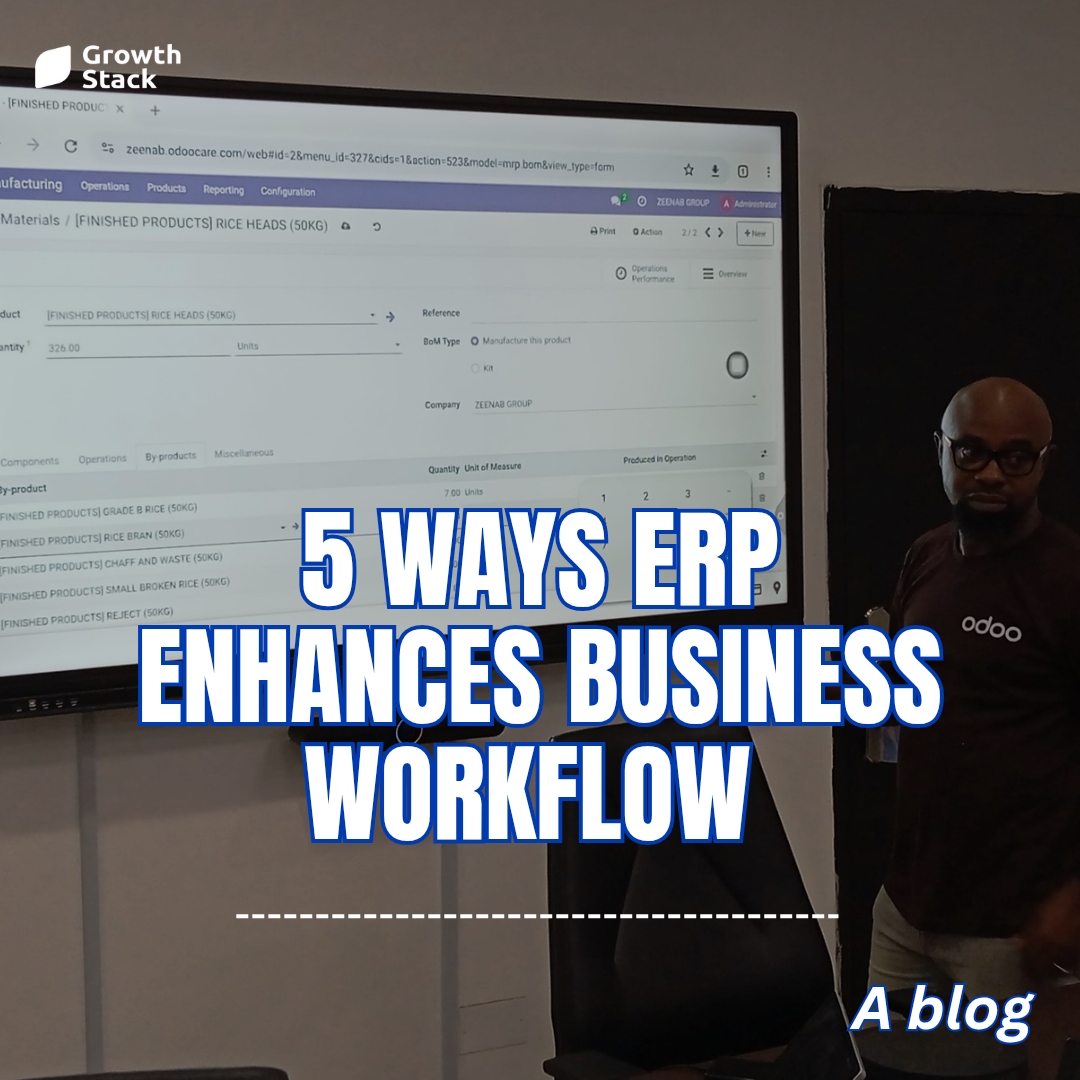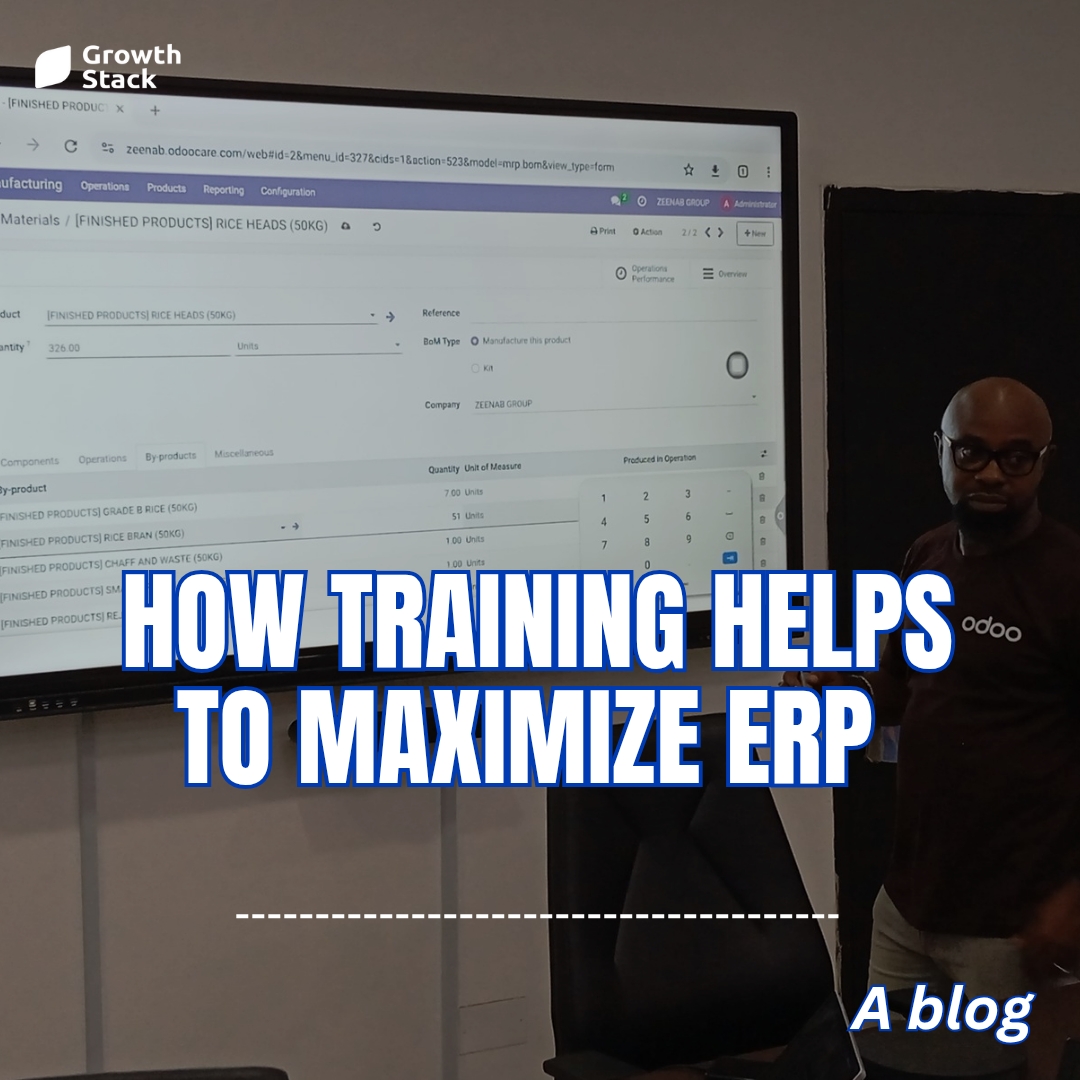Despite the fact that it is commonly known that fraud costs businesses millions of dollars yearly on average, organizations rarely comment on matters linked to fraud. Untrustworthy employees frequently manipulate payment files sent to banks, change client names, addresses, and payment information, create and approve fictitious vendors, refunds, and purchase orders, overcharge for hours or workloads, and sell sensitive information to third parties, just to name a few common scams.
Using an ERP accounting software system is one of the finest ways to identify, diagnose, and look into situations of the abuse of the accounting system, while also preventing fraudulent conversions of any kind, say auditors and analysts. Several cutting-edge ERP programs have been created over time to assist firms in carrying out all of these tasks and preventing non-compliance due to ignorance of regulatory requirements. An ERP system can help an organization reduce concerns with fraud and non-compliance in the following ways:
Audit Tracking:
An ERP system can be set up to issue thorough activity reports, grant users access to transaction history, verify external data sources, display time/date/user identification data, and integrate reporting with other features. This is in contrast to manual systems, in which documentation can “get lost” or be replaced without a trace. Users can check for cash transactions and even dig back to source documents using specific functionalities.
Alerts:
You may also set up alerts on specific fields to receive notifications whenever changes are made. For instance, you can set the system up to notify you anytime the names, addresses, or banking information associated with a customer account changes. System administrators are alerted to any anomalies in file integrity and network access by additional tools like Dynamics AX’s FIM (file integrity monitoring) and IDS (intrusion detection system).
User access limitation:
This is another practical feature seen in the majority of ERP accounting software solutions. An ERP system will stop fraudsters from carrying out operations they are not authorized to accomplish by imposing segregation of duties and tight authorization processes across workflows. Even if an employee has the right to add a new vendor or modify payment details, all requests must be reviewed and approved by a higher authority figure, such as the CFO. The hazards associated with utilizing checks can be removed by automating electronic fund transfers using ERP technology. An ERP system can assist you in adhering to rules, legislation, and practices particular to your sector in addition to enhancing internal controls.
Sophisticated ERP solutions can significantly reduce the likelihood of fraudulent and improper activities. Yet it’s vital to keep in mind that even the best software solutions contain flaws that a shrewd fraudster might exploit. Hence, in addition to utilizing a trustworthy ERP system, particular preventive measures should be put into place, such as setting up a CCTV system, cutting-edge locking mechanisms, or authentication technologies (e.g. ID badge, fingerprint, or retina recognition software).
Furthermore, when implementing ERP, risk management should be given top importance. Future inadvertent and intentional losses can be avoided by analyzing business risks and customizing the program to address and manage those risks. This will also aid in maintaining documentation and regulatory compliance.
Make your staff more accountable for upholding internal control as a further duty. You may build a robust control system that can assist you in identifying, removing, and preventing fraudulent user activity at all levels by fusing cutting-edge ERP accounting software technology with the professionalism of your staff and proper rules.













